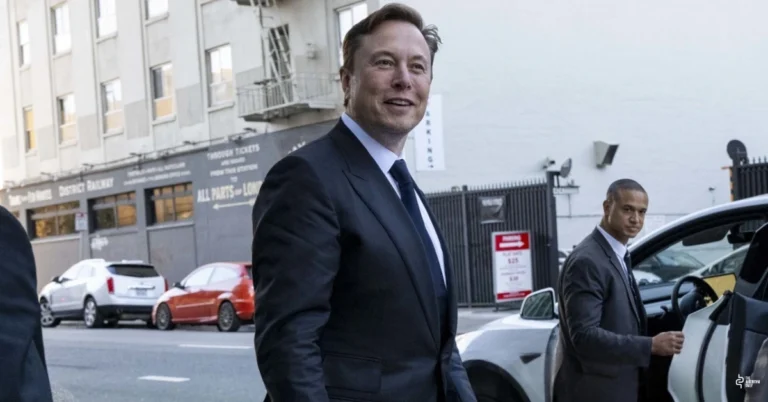Meta has named Shengjia Zhao as Chief Scientist of its new AI unit, Meta Superintelligence Labs. Zhao, a well-known former researcher at OpenAI, played a central role in building some of the most advanced AI models to date, including GPT 4 and OpenAI’s first reasoning model, known as o1. Meta CEO Mark Zuckerberg announced in a post on Thread, describing Zhao as one of the key architects behind the lab, which was co-founded earlier this year. Now that the team is taking shape, Zhao’s leadership role has been formalised, positioning him at the forefront of Meta’s push into frontier AI research.
Zhao will lead the research agenda under Alexandr Wang, the founder of Scale AI, who recently joined Meta to run the lab. Although Wang is not a researcher by training, his leadership experience is expected to complement Zhao’s deep technical background. Together, they form a leadership duo balancing vision with research depth. Meta has not stopped at just one big hire. The company has recruited top talent from leading AI labs, including OpenAI, Google DeepMind, Safe Superintelligence, Apple, and Anthropic. It has also drawn from within, pulling researchers from Meta’s FAIR lab and its generative AI team.
Meta’s interest in Zhao is partly due to his early work on AI reasoning systems. At OpenAI, he was involved in the development of O1, an AI model designed to reason through complex problems more like a human. Meta currently does not have a competing model in this area, which makes Zhao’s expertise especially valuable. Reasoning models are becoming a central part of the next generation of AI systems, and Meta is positioning itself to catch up quickly. Reports suggest Zhao was joined at Meta by several former colleagues from OpenAI, reinforcing Meta’s ambition to build a strong research culture at MSL.
Zuckerberg is making a significant bet on this new lab, not only by hiring elite researchers but also by investing heavily in infrastructure. Meta is building a huge AI training cluster called Prometheus in Ohio, expected to be ready by 2026. This facility will use one gigawatt of power, enough to serve over 750,000 homes, and will support the vast computational needs of training advanced AI models. Such an investment signals that Meta is serious about becoming a key player in the AI race, competing directly with OpenAI and Google.
With Zhao now leading Meta Superintelligence Labs and Yann LeCun still heading Meta’s FAIR lab, Meta now has two of the most respected AI scientists in the world. While FAIR focuses on long-term research, MSL is designed for fast, high-stakes innovation. How these two labs will coordinate remains an open question, but it is clear that Meta is determined to lead in AI development. The company is not just hiring top minds; it is building the muscle and infrastructure to back them.




